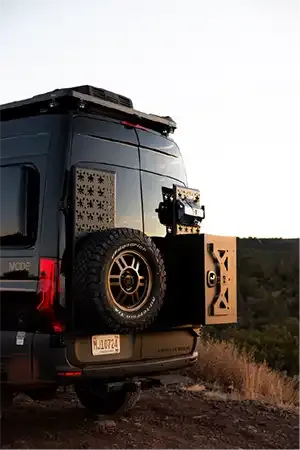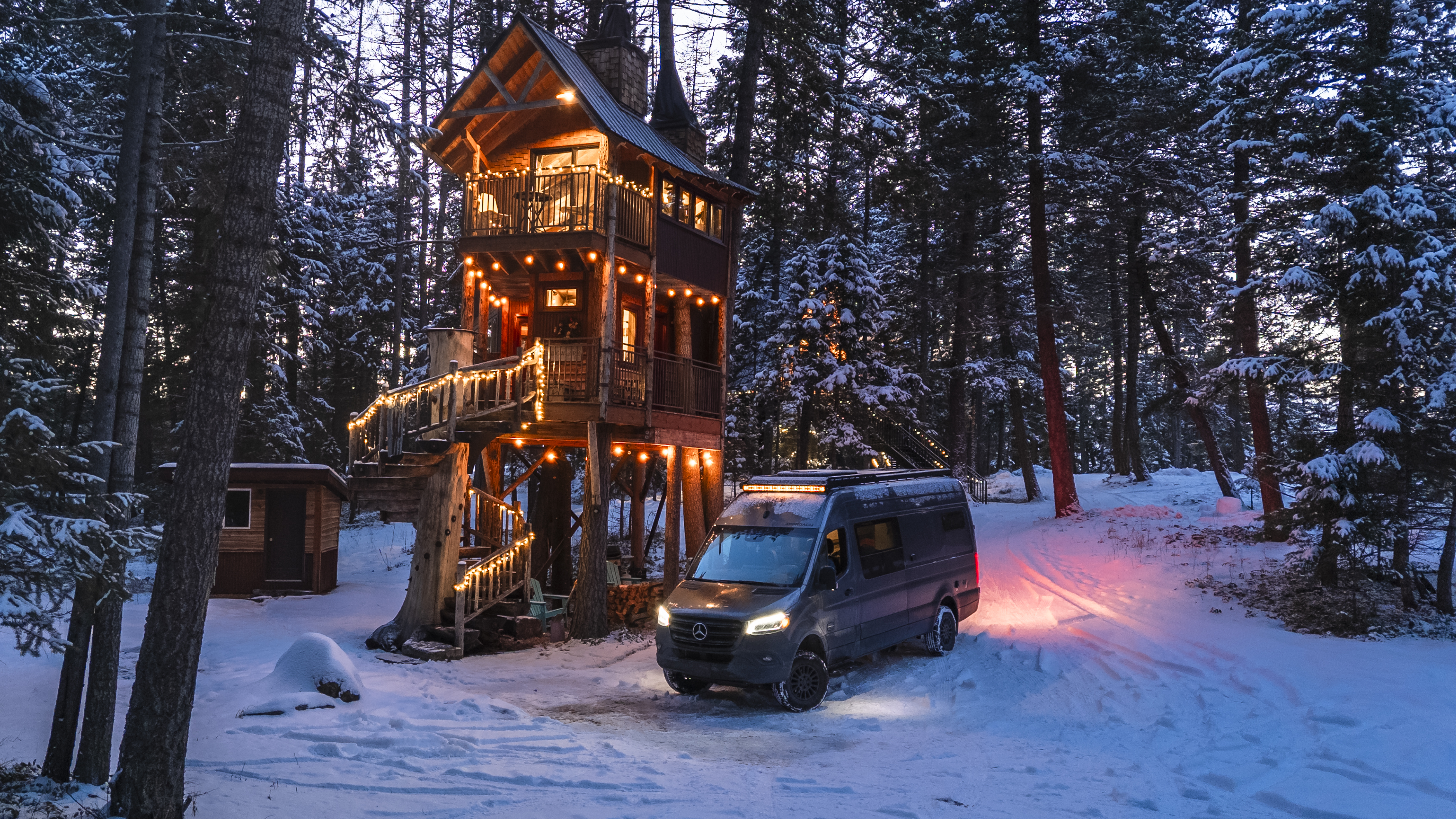5 Questions to Ask When Shopping for RV Insurance
It’s no fun to think about what might go wrong during an RV adventure, but we all want to be prepared in case something occurs to get in the way of our travel plans. Having the right RV insurance policy can help make sure that accidents or problems are quickly solved and you can get back on the road. Here are 5 questions to ask when you are looking for your next RV insurance policy:
How Many Days Are You Using It Each Year?
Many policies are built around the assumption that you won’t be using your RV every day of the year. Unlike a family car that’s used for commuting to work, your RV is more likely to be parked between trips. Depending on where you live, seasonal weather may also prevent you from taking trips during certain periods of the year. The nice thing about this feature is that it allows you to save money by not having to pay for coverage for 365 of use if you will not be using your RV every day. Before you choose a policy you’ll want to make sure that the days of coverage it includes matches up to what your use will look like.
What Do You Do If It Needs A Repair On The Road?
The great thing about your motorhome is that it lets you bring the comforts of home with you wherever you go. The downside of that is that if a mechanical problem occurs that requires service, you may have to send both your vehicle and your lodging to a shop to get fixed. Some insurance policies include provisions for upgraded emergency assistance that includes covering a hotel stay if one is necessary.
How Much Coverage for Personal Items?
Your RV is much more than a regular vehicle. It’s your home-away-from-home that lets you bring your comforts with you wherever you go. Since it does allow for more storage and you’ll probably want to have plenty of personal items with you as you travel, you will want to check out the coverage limits for contents in policies you are considering. The replacement value of items like bedding, kitchen supplies, clothing, and personal electronics can really add up and you will want to make sure to have a policy that takes care of everything in case something should happen.
What About Gap Coverage Options?
If you finance the purchase of a newer RV, you are probably already aware that the resale value of your vehicle will drop once you take it on the road for the first time. The total value of your vehicle will be below the outstanding value of your loan for a little while until it gets paid down a bit. If you’re not planning to sell your RV in the first few months of ownership, then this isn’t a concern. The only time that this could cause a problem is if there is an accident and you are getting your vehicle replaced and the amount you get from your insurance company is less than how much you still owe on it. Nobody wants to have to continue making payments on a vehicle that they don’t even have anymore. You can often purchase what is known as “gap” coverage that will cover the difference between your vehicle’s replacement value and the outstanding balance on your loan. This way you know you won’t have any remaining old balance and can get right into finding a new RV for you and your family.
What Happens If You Need Assistance During a Trip?
While we always hope that our trips go smoothly, there is always the possibility of issues popping up while traveling in your RV. Small inconveniences that can get in the way of travel plans happen all the time. Things like locking your keys inside your vehicle on a trip (not that any of us have ever done that) or a flat tire can bring a fun trip to a halt quickly. Many plans either offer or allow you to add on roadside assistance so that you have someone to call for help if anything should occur. Because of the size of your vehicle and its tires, changing your own flat tire on a motorhome may not be possible without specialized tools, so having a number to call for help can be a life saver.
We hope these questions help you find the right insurance coverage for your RV needs.





